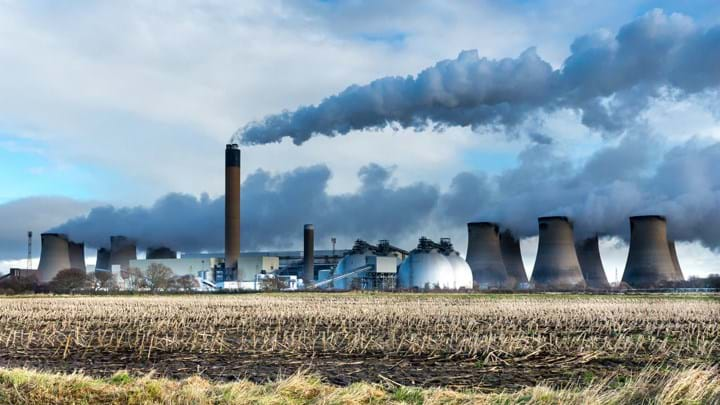BECCS pioneers ‘disheartened’ by overreliance on carbon capture amid COP30 climate talks

TWO SCIENTISTS who helped pioneer the concept of net negative CO2 emissions through bioenergy with carbon capture and storage (BECCS) have voiced concern over countries’ overreliance on the technology, as carbon removals take centre stage at the COP30 climate talks.
Chemical engineer Kenneth Möllerston and environmental scientist Michael Obersteiner were among the first scientists to propose BECCS as a way to achieve net-negative emissions, but they now fear the technology is being adopted in countries’ climate plans as an “excuse” to continue burning fossil fuels, reports Bloomberg UK.
Obersteiner, director of the University of Oxford’s Environmental Change Institute, said that although he and colleagues stressed that BECCS “should never be used as an excuse” to delay emissions cuts, their work nonetheless “created overshoot” – the temporary rise in global temperatures permitted in climate plans on the assumption they will later fall. Möllerston, meanwhile, said the dependency on BECCS was “disheartening”.
Möllerston has been a researcher in the Department of Chemical Engineering at the Royal Institute of Technology (KTH) in Stockholm, Sweden for over 25 years. He is credited as having influenced BECCS development following a paper submitted to a 2001 International Energy Agency conference in Edinburgh, UK. The paper, co-authored with KTH colleague Jinyue Yan, proposed BECCS as “an approach to negative CO2 emissions in energy systems”.
Critics have increasingly raised concern over BECCS in recent years, particularly in the UK where controversial wood-burning electricity generator Drax is one of the country’s biggest producers of unabated emissions. A government-commissioned report recently advised a move away from reliance on BECCS in the UK’s climate strategy.
Carbon capture technology has been prominent at the COP30 climate talks in Belém, Brazil, which began last week. Johan Rockström, director of the Potsdam Institute for Climate Impact Research and a chief scientific advisor to the COP30 presidency, has said that the world must remove 10bn t/y of CO2 to keep end-of-century warming below 1.7°C.
That target is increasingly seen as unachievable. A report earlier this month from Climate Action Tracker found that the world is on a trajectory to hit 2.7°C warming, and that “at the heart of this crisis of inaction is the continued expansion of fossil fuel production and consumption”. Brazil is one country that has ploughed ahead with oil and gas plans, having controversially greenlit a licence for Petrobras to begin drilling near the mouth of the Amazon River last month.
International climate change agreements are based on nationally determined contributions (NDCs) submitted to the UN. Out of the 197 countries signed up to the 2015 Paris climate agreement, 114 have submitted new NDCs since COP28, including the US. In the past three weeks alone, 52 countries have filed NDCs, including China and the 27 EU states, following UN secretary-general António Guterres’ warning that “overshooting is now inevitable”.
According to Climatewatch, the combined commitments in all 114 NDCs would cut emissions by 3.2bn tCO2e by 2035 – leaving a gap of 28bn tCO2e to meet the 1.5°C target and 17bn tCO2e to stay within 2°C.
Recent Editions
Catch up on the latest news, views and jobs from The Chemical Engineer. Below are the four latest issues. View a wider selection of the archive from within the Magazine section of this site.




